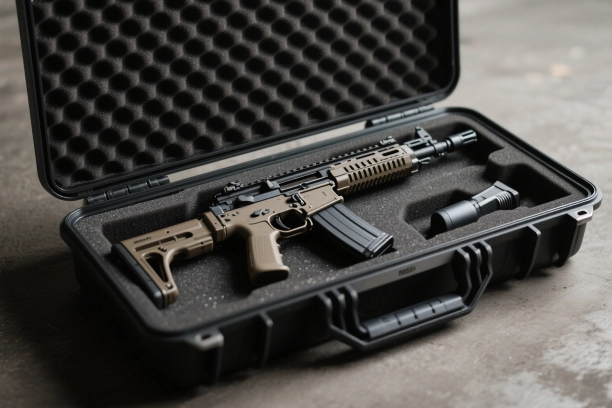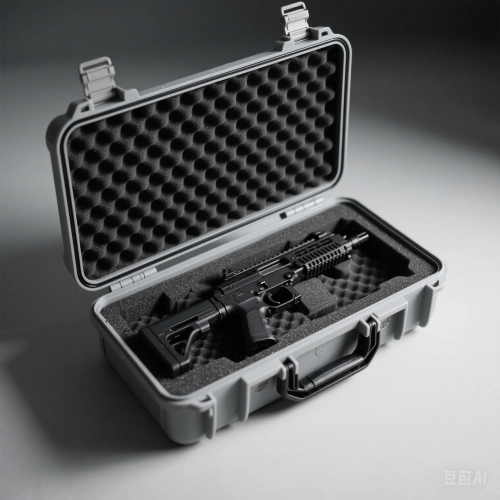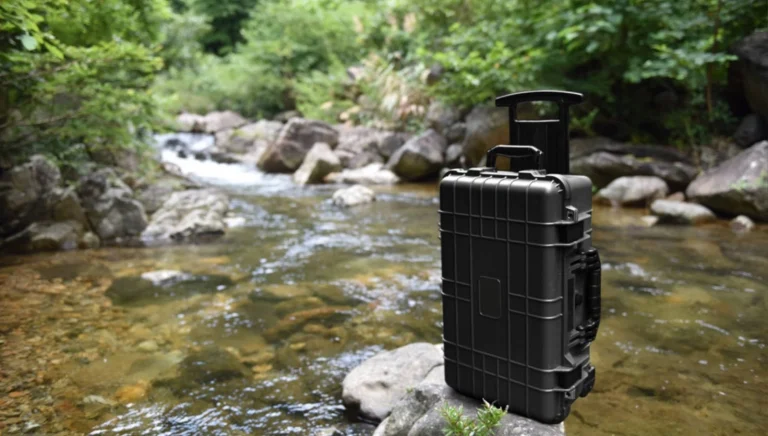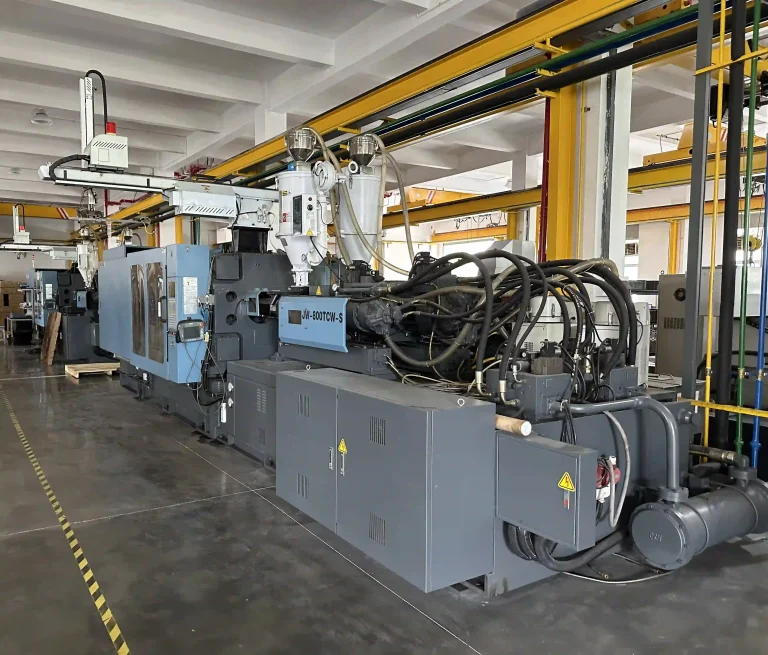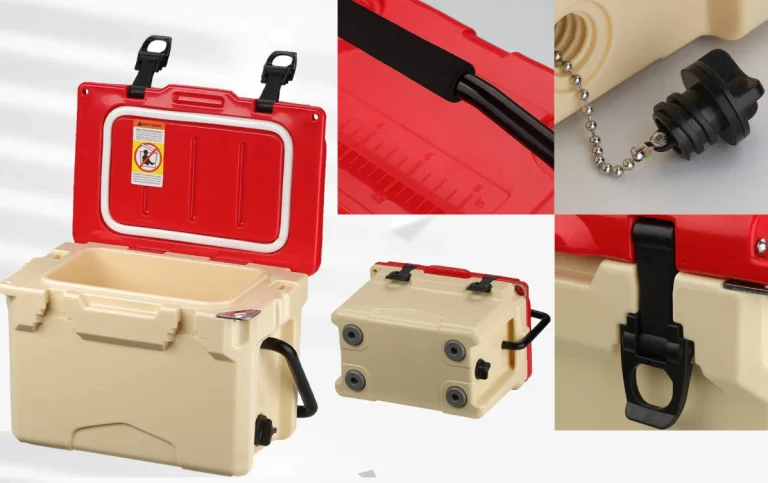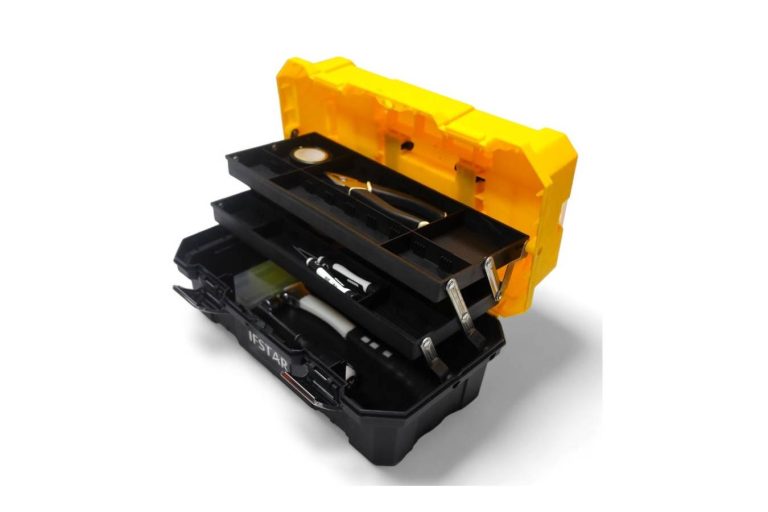Why Density Matters for Your Gun Case Foam
Cushioning and Shock Absorption
The thickness of gun case foam plays a big role in how well it cushions and handles shocks. Foam with greater density gives stronger support and shields firearms better. It spreads out the force of a bump across a wider space. This feature matters a lot for protecting fragile parts like scopes, triggers, and other delicate firearm pieces. When a gun case gets jolted or dropped suddenly, the foam’s density soaks up the impact energy well. This lowers the chance of harm.
Foam with low density squishes easily when pressed. That can weaken its ability to protect. It might not hold up against outside forces, leaving guns open to scratches or worse damage while moving. On the flip side, high-density foam keeps its shape even under heavy strain. It ensures firearms stay safely padded.
This cushioning is key for folks who travel often with their guns or keep them in spots where bumps might happen. Dense foam’s knack for absorbing jolts makes it a top pick for pros who care about keeping their gear safe.
Longevity and Durability
How long gun case foam lasts ties straight to its density. Thicker foams usually outlast thinner ones. They stand up better to wear and tear over time. With repeated use and exposure to the elements, low-density foam can break down. It loses its protective power.
High-density foam holds its form and works well even after lots of use. That makes it a smart buy for storing and moving firearms. It’s less likely to crumble or get weak spots. This means steady protection for guns over the long haul.
Plus, tough foam materials fend off moisture and temperature swings. This helps stop problems like mold or material wear from the environment. For gun owners needing trusty storage that lasts, picking high-density foam keeps their gear safe and sound.
The Role of Firmness in Protecting Your Firearms
Preventing Movement and Misalignment
Firmness is another vital piece in how well gun case foam works. Sturdy foam stops firearms from sliding around inside the case during travel. Shifting can mess up parts or cause damage from pieces banging into each other.
When guns are locked in place by solid foam inserts, they stay steady. This holds true even if the case shakes or gets hit. That steadiness matters for keeping precision tools like scopes or laser sights spot-on. Shifting inside can throw off performance and mean recalibrating.
Firmness also keeps extras—like magazines or cleaning kits—from knocking into the gun or each other. By stopping movement in the case, firm foam cuts down on scratches or dings to both firearms and add-ons.
Maintaining Structural Integrity
The strength of gun case foam’s structure is crucial for steady protection over time. Foam that’s not firm enough might sag or bend under heavy guns. That weakens its shield. Top-notch firm foam keeps its shape even with constant pressure.
Keeping its structure also means resisting something called compression set. That’s when foam won’t bounce back after being squished for a while. Weak foam might end up with lasting dents where guns sat. This leads to uneven support and less protection.
For gun owners hauling their gear over long trips, strong structure is a must. It ensures steady defense against outside forces. Firm foam gives a solid base that guards firearms from harm during travel or storage.
By thinking hard about density and firmness when picking gun case foam, owners can lock in top protection for their prized gear. It also stretches the life of both the foam and their firearms.
How to Choose the Right Foam for Your Gun Case
Testing and Measuring Density and Firmness
When picking gun case foam, checking both density and firmness is a must. It ensures the best safety for your firearms. Density is about the weight per chunk of foam. It affects how well it soaks up shocks and cushions. Thicker foam spreads impact force over a bigger area. This protects fragile gun parts like scopes and triggers. Thin foam, though, might squish under weight. That hurts its protective power.
Firmness—different from density—shows how well foam fights bending under load. Solid foam keeps guns from shifting in the case while moving. This cuts the risk of parts getting out of line or banged up inside. It also holds extras in place securely.
Testing these means feeling how the foam resists squishing and if it stays shaped after long use. Good gun case foam should keep its strength even with repeated stress. This ensures steady results over time.
Balancing Budget with Quality
Money limits often shape choices when picking gun case foam. But skimping on quality can leave valuable guns poorly guarded. Cheap options might look good at first. Yet they often lack toughness and fail to cushion or absorb shocks well.
Spending on thick, firm foam brings lasting dependability and value. Sturdy foams handle wear better. They cut the need for swapping them out often. Also, top-grade foams stand up to things like dampness and heat changes. This stops mold or breakdown.
Matching budget to quality means weighing your needs. Pros moving guns a lot might go for thick foams for extra safety. Casual users might pick mid-tier options. These blend cost and performance well.
Introducing Yifu – Your Trusted Partner in Gun Case Solutions
Premium Foam Materials
Yifu focuses on top-notch gun case answers with premium foam built for max protection. The company offers thick foams that shine in soaking up shocks and padding. These materials are made to shield firearms from outside hits during travel or storage.
Yifu’s push for high-quality products includes making sure their foams stay strong over time. Their stuff resists compression set. That means it keeps its shape even after long use. This toughness makes Yifu’s foams a great pick for gun owners wanting reliable, lasting options.
Also, Yifu’s high-end foams tackle environmental challenges like humidity or temp shifts. This fight stops issues like mold or wear. It keeps your firearms safe no matter the storage setup.
Customization Options
Knowing every gun owner’s needs differ, Yifu gives tons of ways to tweak their gun case solutions. Customers can pick from different foam thicknesses and firmness levels suited to their exact wants. Whether you’ve got one pistol or a big rifle collection with extras, Yifu crafts supports that fit your gear just right.
Yifu also provides custom-cut foam inserts shaped to match your firearms and add-ons perfectly. This tight fit stops shifting in the case. It lowers damage risk while moving. Customization goes beyond size. Folks can add special touches like water-proof layers or anti-static features based on what they like.
By mixing top materials with custom designs, Yifu brings gun case options that nail both use and looks. Their skill in making quality foams makes them a go-to ally for gun owners wanting solid protection for their precious gear.
FAQ
Q: Why are density and firmness critical for gun case foam?
A: Density determines weight distribution and shock absorption capacity, while firmness affects how well the foam conforms to firearm contours. High-density foam (≥30 kg/m³) resorts deformation, whereas optimal firmness prevents barrel wobble.
Q: How to measure foam density for gun cases?
A: Density is calculated by mass/volume (kg/m³). For firearms, use a pressure test (e.g., ASTM D3574) to simulate recoil impact. Foam with >2.5 lb/ft³ density typically suits heavy rifles.

